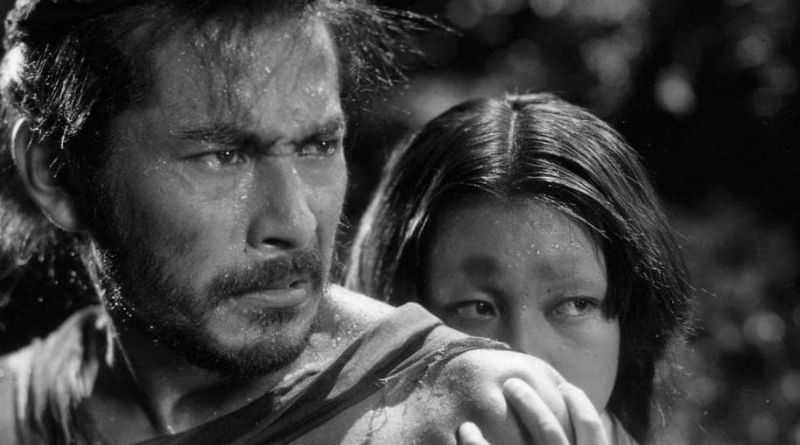Classic movies have a special place in the world of cinema, often lauded for their storytelling, direction, and performances. Yet, not everyone who praises these iconic films has actually seen them. Some people might fib about watching these classics to avoid feeling left out or to seem more cultured. Here, we delve into eight classic movies that people often lie about watching, exploring why these films have become such pivotal points in cinematic history.
The Godfather Trilogy
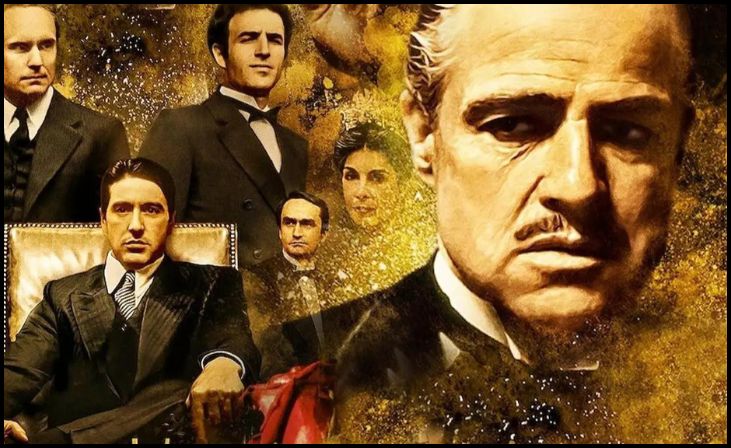
The Godfather trilogy is arguably one of the most acclaimed film series ever made. Directed by Francis Ford Coppola and based on Mario Puzo’s novel, this epic saga delves into the life of the Corleone crime family. The trilogy is renowned for its brilliant storytelling, unforgettable characters, and iconic scenes, such as the infamous horse head in the bed and the intense baptism sequence. Despite its cult-like following and critical acclaim, many people claim to have watched these films without ever experiencing their intricate plots and masterful direction. The combined length of the trilogy and its deep, complex narrative might deter some from sitting through it, but its influence on modern cinema is undeniable.
Citizen Kane
Often hailed as the greatest film ever made, Orson Welles’ “Citizen Kane” is a masterpiece of storytelling and cinematography. Released in 1941, the film tells the story of Charles Foster Kane, a wealthy newspaper magnate, through a series of flashbacks. Its groundbreaking use of deep focus, innovative narrative structure, and Welles’ powerful performance make it a must-see for any film enthusiast. However, its black-and-white format and non-linear storytelling can be off-putting to some modern viewers. Despite this, “Citizen Kane” remains a cultural touchstone, and many people feel compelled to claim they’ve seen it to align with its legendary status.
Gone With The Wind
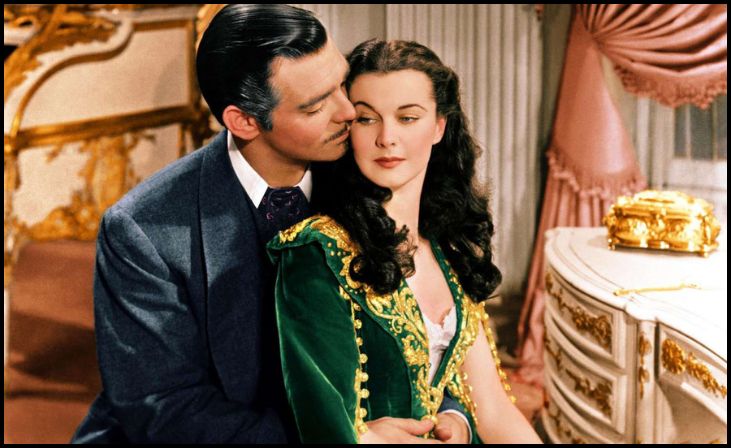
“Gone With The Wind” is a cinematic epic set against the backdrop of the American Civil War and Reconstruction era. Starring Clark Gable and Vivien Leigh, this 1939 film is celebrated for its sweeping romance, dramatic narrative, and stunning visual effects. At 238 minutes, its lengthy runtime can be daunting, leading some to shy away from actually watching it in its entirety. Nevertheless, the film’s impact on cinema history, along with its memorable characters and quotable lines, make it a classic that many people feel the need to say they’ve seen, even if they haven’t endured its full duration.
Casablanca
“Casablanca” is a timeless romance set during World War II, featuring Humphrey Bogart and Ingrid Bergman. Released in 1942, the film is famous for its iconic quotes, such as “Here’s looking at you, kid,” and “We’ll always have Paris.” The story of love and sacrifice in a war-torn world resonates deeply, making it a staple of classic cinema. However, the film’s age and black-and-white presentation might deter some from watching it. As a result, many might claim to know the film from its numerous references in popular culture rather than from having seen it themselves.
Chinatown
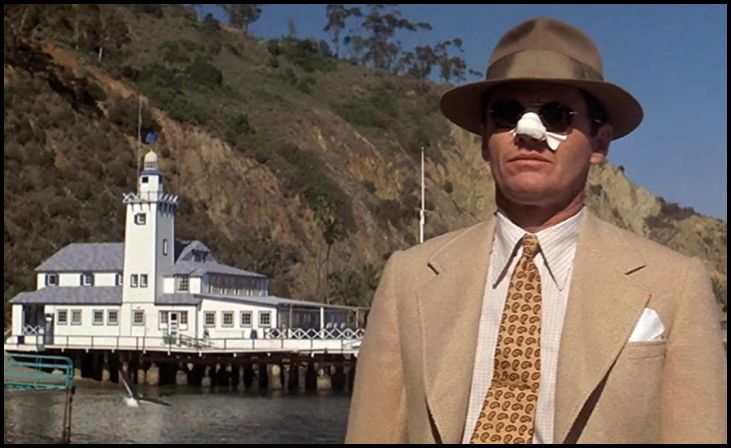
Roman Polanski’s “Chinatown” is a 1974 neo-noir film starring Jack Nicholson as private investigator J.J. Gittes. The film explores corruption and scandal in 1930s Los Angeles and is widely regarded as one of the best detective movies ever made. Its complex plot, exceptional performances, and haunting score make it a must-watch. Yet, the film’s intricate storyline and mature themes might not appeal to everyone, leading some to skip it. Despite this, “Chinatown” remains a critical darling, and claiming to have seen it can be a way to appear more knowledgeable about film noir classics.
All the President’s Men
“All the President’s Men” is a gripping political thriller based on true events, starring Robert Redford and Dustin Hoffman as Washington Post reporters Bob Woodward and Carl Bernstein. The film chronicles their investigation into the Watergate scandal, which ultimately led to President Nixon’s resignation. Released in 1976, the movie is a testament to the power of journalism and the pursuit of truth. However, its focus on political intrigue and historical context might not capture everyone’s interest. As a result, some might pretend to have watched this critically acclaimed film to appear well-informed about significant historical events and cinematic achievements.
The Shawshank Redemption
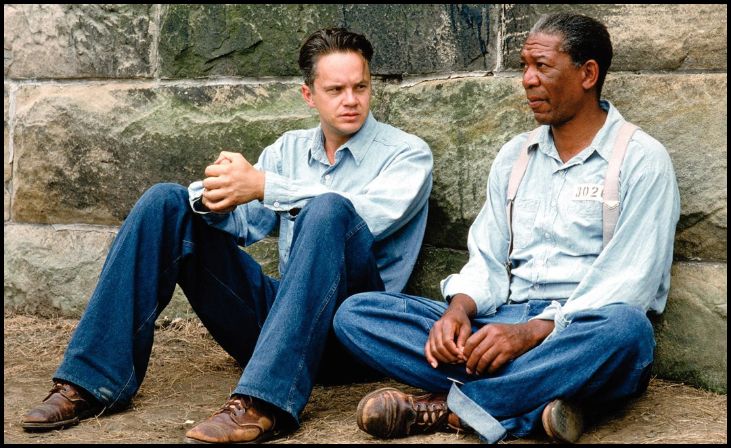
Based on a novella by Stephen King, “The Shawshank Redemption” is a poignant tale of hope and friendship set in a prison. The film, starring Tim Robbins and Morgan Freeman, follows the story of Andy Dufresne, a banker wrongfully imprisoned for murder, and his journey to redemption. Despite initially underperforming at the box office, the 1994 film has since become a beloved classic, frequently topping “best movies” lists. Its enduring popularity and emotional depth make it a movie many feel compelled to claim they’ve seen. However, its lengthy runtime and somber setting might dissuade some from actually watching it.
Taxi Driver
Martin Scorsese’s “Taxi Driver” is a gritty, intense look at urban alienation and mental deterioration. Released in 1976, the film stars Robert De Niro as Travis Bickle, a Vietnam War veteran turned taxi driver who becomes increasingly disillusioned with the world around him. The film’s raw portrayal of violence, powerful performances, and iconic lines like “You talkin’ to me?” have cemented its place in film history. Despite its critical acclaim, the film’s dark themes and disturbing imagery can be challenging for some viewers. This might lead people to feign familiarity with the film rather than confront its unsettling content.

